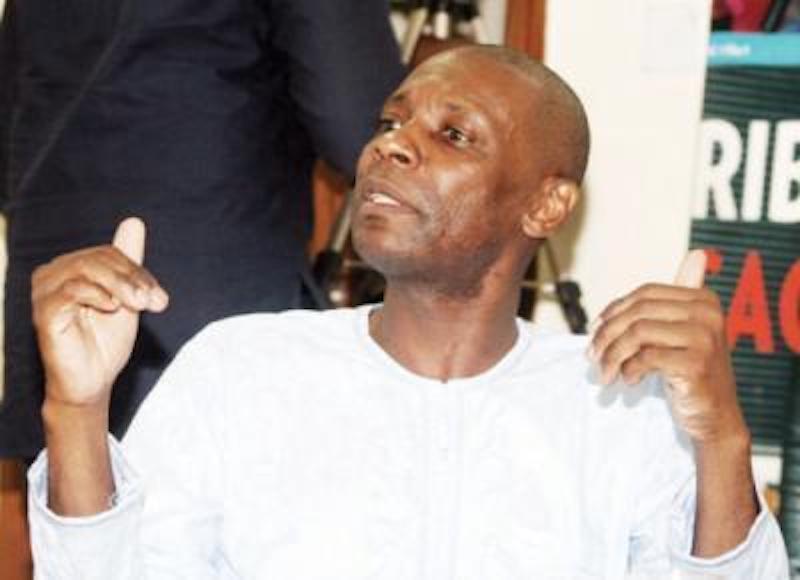
Mustapha Chike-Obi, the immediate past managing director of the Asset Management Company of Nigeria (AMCON) has told business a.m. exclusively that the current fixation of Nigerians, especially the government, about rising foreign reserves is misplaced, saying that foreign reserves are not savings but mere accounting item, and therefore, not a credible indicators to measure the performance of an economy. Besides, he queried the figures for foreign reserves being promoted, saying that they are heavily overstated.
Chike-Obi pointed out that reserves are foreign exchange earned by the government through the sale of commodities, in this case, crude oil, which the central bank buys off the government and gives naira in return for distribution by the Federation Account Allocation Committee (FAAC) to all three tiers of government for spending.
“You don’t hope to spend what you have spent,” he said, adding that the only savings government has, are in the excess crude account and in the sovereign wealth fund.
According to him, the benefits of reserves are that they can pay for foreign goods and services.
“Talking about reserves as an economic achievement does not ring right, it is just an accounting item stating receivables into government coffers from which it spends for execution of projects. So, it is not an accomplishment of government,” he noted.
“Foreign reserves are used to buy foreign goods and the question is what type of goods should we be paying for? Should we pay for exotic goods like champagne and Range Rovers?”
He also stated that the foreign reserve figures being quoted by the authorities are overstated and that the real reserves are the gross reserves minus time-bound commitments like the Eurobond borrowings, which are obligations to be paid for at a specific time.
“If we are honest as a nation we should subtract all the time-bound obligations and hot money investments to get the net reserves,” he stressed, adding that for him the nation’s net reserves are around $22 million.
“Have you heard the Americans and the Britons talking about foreign reserves? They don’t because it is not an important economic item to measure the performance of a country,” he explained.
He stated that even if the figures being pushed about are right, they are not enough to procure foreign goods for the teeming population in a sustainable manner.
“The level of our reserves is not sustainable with the rate of population growth,” he stated further and asked if we must be import dependent as a nation, given that foreign reserves only shows a country’s ability to support its imports.
Proffering solutions, he said Nigeria should look inward to produce goods for its citizens and that a strong currency is not one of the solutions. He said the effect of not supporting the local currency would be tolerably painful, suggesting that all the effort being made to prop up the naira was misplaced.
He said all Nigerians need to make personal sacrifices. The government should tell what the sacrifices are upfront and show the people the value of the sacrifice, then lead by example, adding that the people will bear with the government because they know that they will benefit at the end.
“Leadership is telling the people what the sacrifices are, the benefits and then leading by example,” he said.
According to the CBN, the nation’s external reserves rose to $40.33 billion as of January 25, the highest in four years, from $38.765 billion on December 29, 2017. The figures represent a rise of $1.56 billion this year.
The steady rise in the external reserve, from July 7 last year, is occasioned by improved foreign exchange inflow resulting from increase in crude oil price, dollar inflow from foreign portfolio investors facilitated by the Investors and Exporters (I&E) window introduced in April last year, as well as reduction in dollar sale through CBN’s forex intervention.









